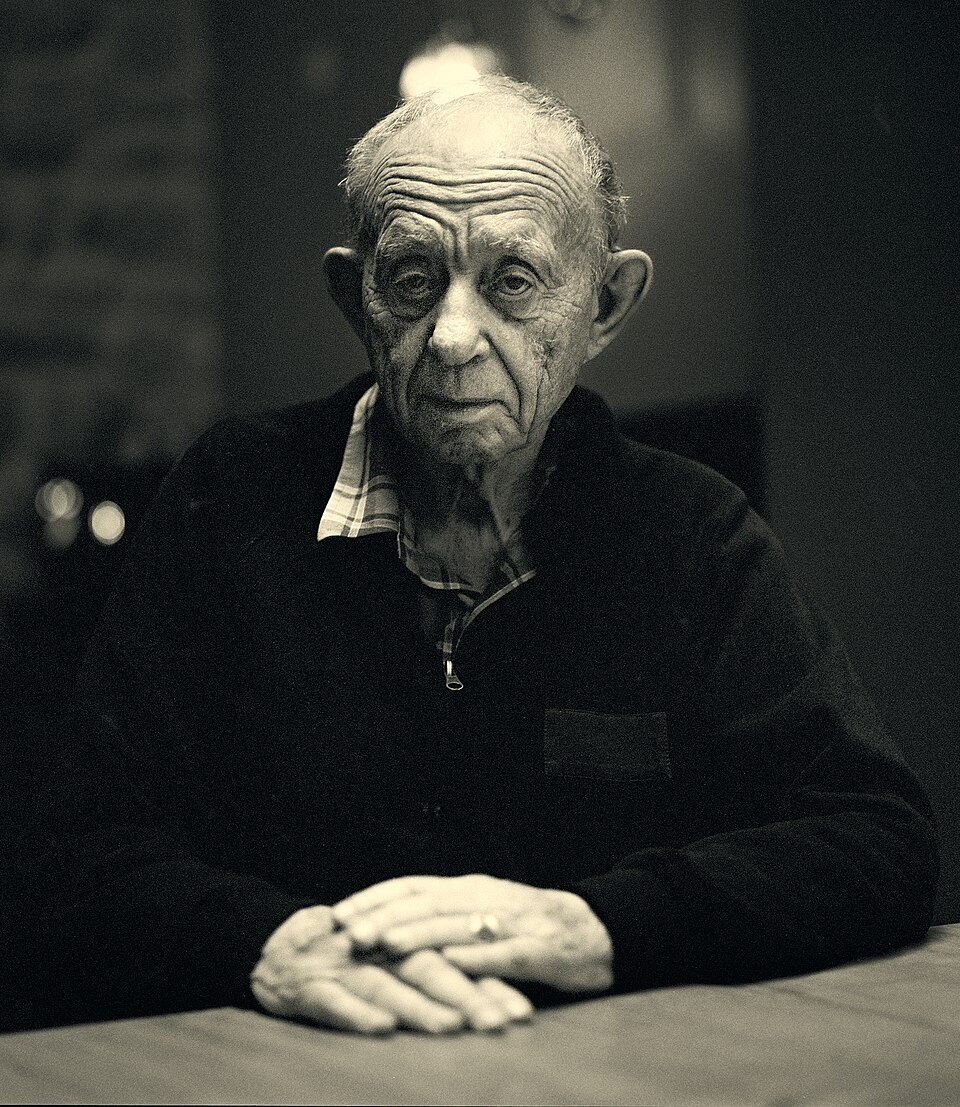The Catch-22 of Motherhood
December 28, 2018
At the close of 2018, I am almost finished reading Maggie Nelson’s The Argonauts, a book of “autotheory” that defies conventions and genre and meditates on what it means to create family, love, and a life beyond heteronormative blueprints. On this Friday evening, as I read, I hear distant waves crashing into the surf, my sleeping 21-month-old daughter’s white noise machine playing in the background. My own mother is downstairs, sitting by the fire, reading or playing a game on her iPhone. In Nelson’s book, which I read in fits and starts in the margins of my own life, she inserts journalist Judith Newman’s oft-quoted sentiment: “No subject offers a greater opportunity for terrible writing than motherhood.” And that maxim is very well true, if one is writing about motherhood in a way that glosses over the many messy and imperfect ways we parent or choose not to.
Yet, as Lauren Elkin of The Paris Review wrote this past July, the canon of serious books about the realities of motherhood, not some Hallmark Channel movie version of motherhood, is widening. Part of the reason books like Nelson’s and many others are being published, Elkin writes, is “perhaps a reaction against that pixelation of motherhood, which flattens out the experience and makes us even more anxious about the things we’re failing to do and the style in which we’re failing to do them.”
This ever-present anxiety, of fucking up our child(ren) while simultaneously shrugging off guilt we did not ask for, do not need, was front and center in The New York Times on Christmas Day with the headline, “The Relentlessness of Modern Parenting.”
Part of me wonders about the timing of this article—how editors likely knew many of us would be home with our children on this holiday, doing our damnedest to be present and loving with family and friends while trying not to engage in political debates, questions about our own style of parenting, or that relative who just does not “buy” climate change is actually happening.
Claire Cain Miller of “The Relentlessness” article reported, “mothers who juggle jobs outside the home spend just as much time tending their children as stay-at-home mothers did in the 1970s.” I mention this claim to my mother, who had me in 1978, and she scoffs. Is that true? Both of us discuss what raising a daughter in the late 1970s and now looks like, feels like. My mother was 23 when she had her first child; I was 38 when I had mine. Our experiences as mothers are indicative of the trend of white women having (fewer) children later in life and how we approach and afford parenthood while staying home (my mom) or working outside of the home (me). Not to mention the generational discrepancies of how mothers view themselves as parents, which according to the Pew Research Center, millennial mothers are far more likely to rank themselves as “doing a very good job” than Gen X mothers like myself. There are also notable differences how parents of different races and ethnicities worry about their children. White parents are far more worried that their children will struggle with anxiety and depression while black parents are more worried that their child may be shot.
While Cain Miller calls the hands-on approach “intensive parenting,” critics such as Nicole Russell in the Washington Examiner say it is simply “helicopter parenting” rebranded. Regardless of whether a parent subscribes to the binary of “intensive parenting” or “free-range children,” there seems to be a bigger problem with foisting all of this responsibility on how children are raised mostly on the shoulders of women. Society at-large and the families we create, either independently or in community with a partner, have important roles to play in providing safe and constructive care networks. The cost of parenthood should not be something mothers shoulder alone. There are, as many letter-writers to The New York Times expressed, ways to combine nurturing parental involvement with opportunities to grow, explore, and play independently. This strange false dichotomy of over-parenting or no parenting seems to mimic the divide our country has along so many other lines.
In reality, my mother and I both came to decide, most parents are truly doing the best they can. Very few of us want less than the best for our children. Determining what is “best,” however, is where the tough part of parenting comes in. While there are scientific studies and recommendations by the American Academy of Pediatrics, ultimately a lot of parenting is still navigating what we know and do not know with our child in tow. Writing about motherhood from the front lines is a subject worthy of further exploration, regardless of how fraught the topic may be.





